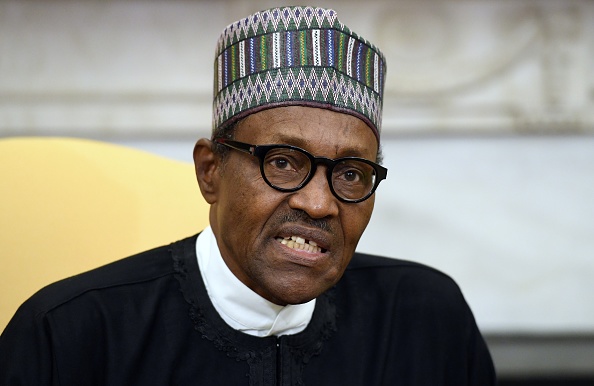Abuja – Nigeria’s top court on Friday said President Muhammadu Buhari acted like “a dictator” over the handling of a currency swap, and ordered a 10-month extension to change old bills.
Residents and businesses in Africa’s most populous country have struggled with a shortage of cash since the central bank last October said it was removing old bills of the local naira currency from circulation and introducing a smaller amount of newly designed ones.
The deadline set was February 10, just days before a presidential election. Buhari intervened to extend the circulation period for small 200 naira bills (about 45 cents) until April 10, saying that old 500 and 1,000 notes were no longer legal tender.
Several states sued the federal government at the supreme court over the handling of the policy.
After the case was adjourned multiple times, the court issued a ruling on Friday, saying the president had failed to conduct the required consultations.
“The position of the president as agent of the federation imposed a duty of consultation on him. Not to do so makes him a dictator,” said judge Emmanuel Agim.
ALSO READ | Nigeria poll result ‘rape of democracy’
“No adequate notice was given to Nigerians before the withdrawal of existing bank notes and the reintroduction of the new notes,” he said, reading a judgment from a panel of seven judges.
“The directive to stop the circulation of the of the old notes is hereby declared invalid. The old bank notes shall continue to circulate alongside the new ones until 31st of December 2023.”
While the policy is meant to reduce the amount of money outside the banking system and move the country towards a cashless economy, it has caused immense hardship for Nigerians who rely on cash.
At least 36 percent of adults were “unbanked” in Nigeria as of May 2022, according to Enhancing Financial Innovation and Access, a financial inclusion advocacy organisation.
The situation is especially dire in rural areas where 62 percent of adults “are not within proximity of financial service providers”, the organisation said.
The cash scarcity created massive queues outside banks and triggered violent protests in major cities just days before the presidential election on February 25 won by ruling party candidate Bola Tinubu.
Follow African Insider on Facebook, Twitter and Instagram
Source: AFP
Picture: Getty Images
For more African news, visit Africaninsider.com


